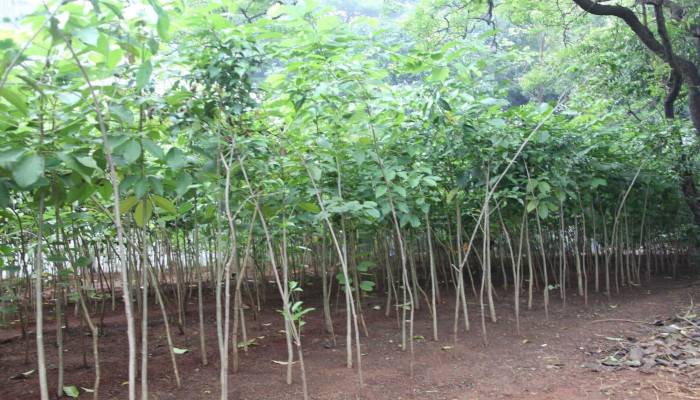A carbon credit, also known as a carbon offset, is a way for businesses, governments, and individuals to make up for the emissions they cause elsewhere. It is a credit for greenhouse gases that have been decreased or removed from the atmosphere as a result of an emission reduction initiative.
Theoretically, carbon markets direct funding to initiatives that reduce emissions. It serves as a practical mechanism for transferring funds to emerging economies. Pakistan is fortunate to have a wealth of natural resources, unlike wealthy nations that have already burned up a large portion of their carbon budget as a result of excessive industrialization. Pakistan would be able to achieve its Nationally Determined Contributions (NDCs) goals thanks to carbon markets. By 2030, Pakistan hopes to have emissions down to 20% below Business as Usual (BAU).
In Indonesia, projects including sustainable forestry management have already attained carbon credits with a monetary value that helps their developers. Pakistan can duplicate these tactics by using the insights acquired from Indonesia’s experience with sustainable forestry management. Pakistan may also participate in non-traditional carbon markets such as voluntary emissions trading programmes.
Pakistan might access private capital via carbon credits if voluntary emissions trading systems with impact quantification by independent certified entities, such as the Gold Standard, were implemented. A measurable impact on climate change can be financed by private sector groups and nations trying to reach their emission reduction commitments under the Paris Agreement. They must buy emission reductions that the Gold Standard monitors, confirms, and certifies in order to accomplish this.
Correspondingly, Punjab could look into the possibility of turning the results of initiatives like Ten Billion Tree Tsunami into a product that can be sold in global carbon markets. In February 2022, Department of Forestry, Wildlife and Fisheries transferred 9 forests having an area of 5,983 acres falling in Districts of Lahore and Sheikhupura to Ravi Urban Development Authority (RUDA) for promotion of biodiversity and afforestation.
One tree a day will keep Pakistan’s debt at bay, therefore keeping that in mind, RUDA is working on 9 of its forests for the generation of carbon credits. In contrast to earlier practice of monoculture, indigenous tree species will be planted by using water-saving technology and for conservation of biodiversity, which will give environmental and social gains, as reflected in the sustainable development goals to be obtained through various activities complementary with tree planting, such as participatory education and learning practices, eco-tourism, and other supporting and cultural/informational/ recreational services.
Since Pakistan aims to reduce emissions by up to 20% below Business as Usual (BAU) by 2030, RUDA seeks to reach its Nationally Determined Contributions (NDCs) targets by planting native varieties of trees. In particular, the long-term health advantages resulting from a decrease in local air pollution through climate mitigation policies, are anticipated to produce favourable consequences for public health, energy security, job creation, and land-use change.
More such initiatives to boost the regional economy might be launched by enhancing projects with carbon credits. Also, Pakistan can create a few new highly skilled positions for the evaluation of carbon credits and climate change. As a result, Pakistan has room to cut back even more on renewable energy and forest protection. The Paris Agreement’s worldwide trade in carbon credits is anticipated to be formalised at the subsequent Conference of the Parties (COP) on 1st & 2nd March 2023. A major factor in the effectiveness of global emissions reductions will be the price of carbon.
Friday, April 19, 2024
Plant for the planet

The writer is member of staff.
US vetoes Palestine’s bid for full UN membership
8:27 AM | April 19, 2024
20pc Discos employees involved in power theft: Minister
April 19, 2024
Five govt officials shot dead in D I Khan
April 19, 2024
Parvez Elahi’s indictment delayed again in two cases
April 19, 2024
Hepatitis Challenge
April 18, 2024
IMF Predictions
April 18, 2024
Wheat War
April 18, 2024
Rail Revival
April 17, 2024
Addressing Climate Change
April 17, 2024
Justice denied
April 18, 2024
AI dilemmas unveiled
April 18, 2024
Tax tangle
April 18, 2024
Workforce inequality
April 17, 2024
New partnerships
April 17, 2024
ePaper - Nawaiwaqt
Advertisement
Nawaiwaqt Group | Copyright © 2024





